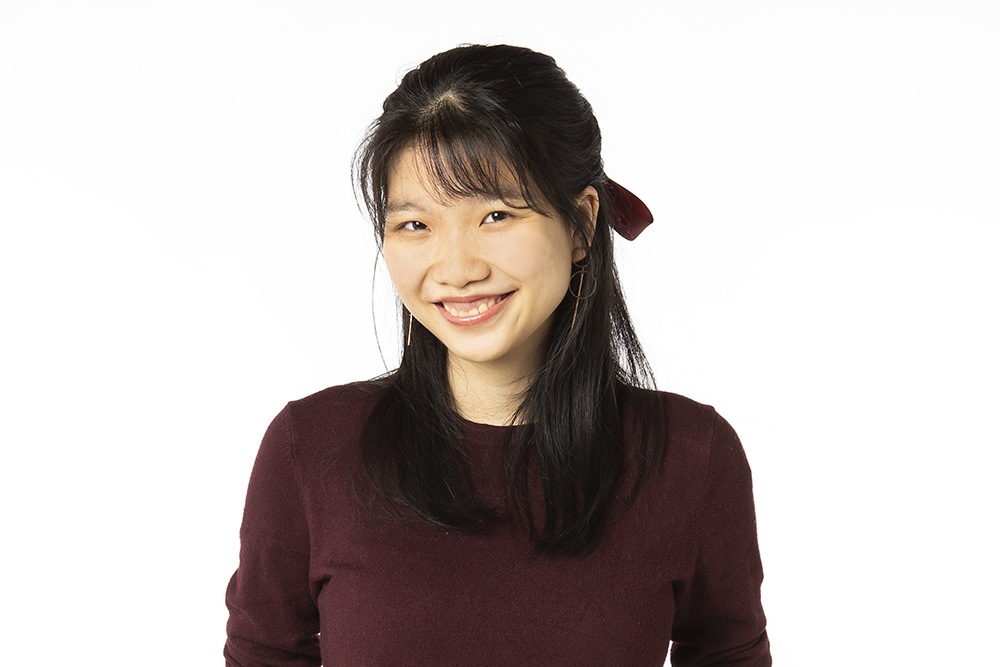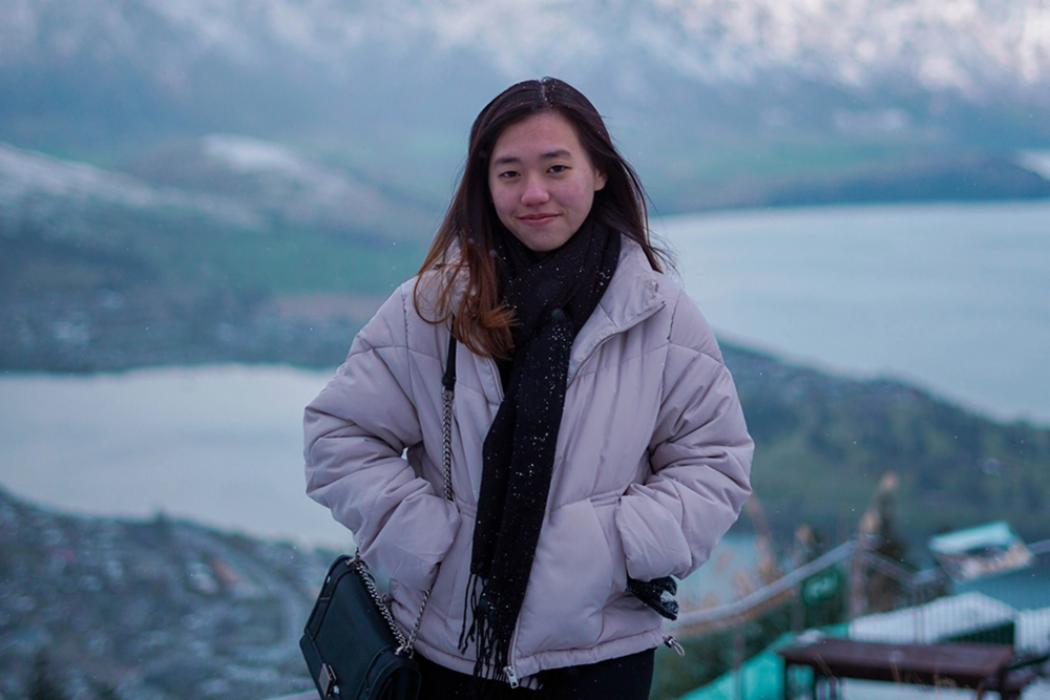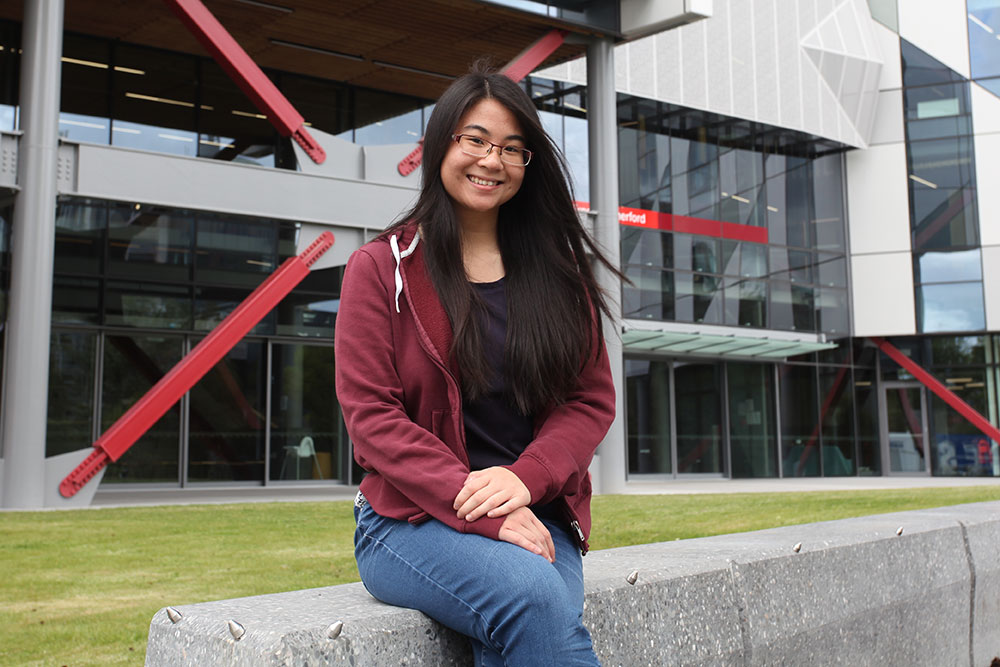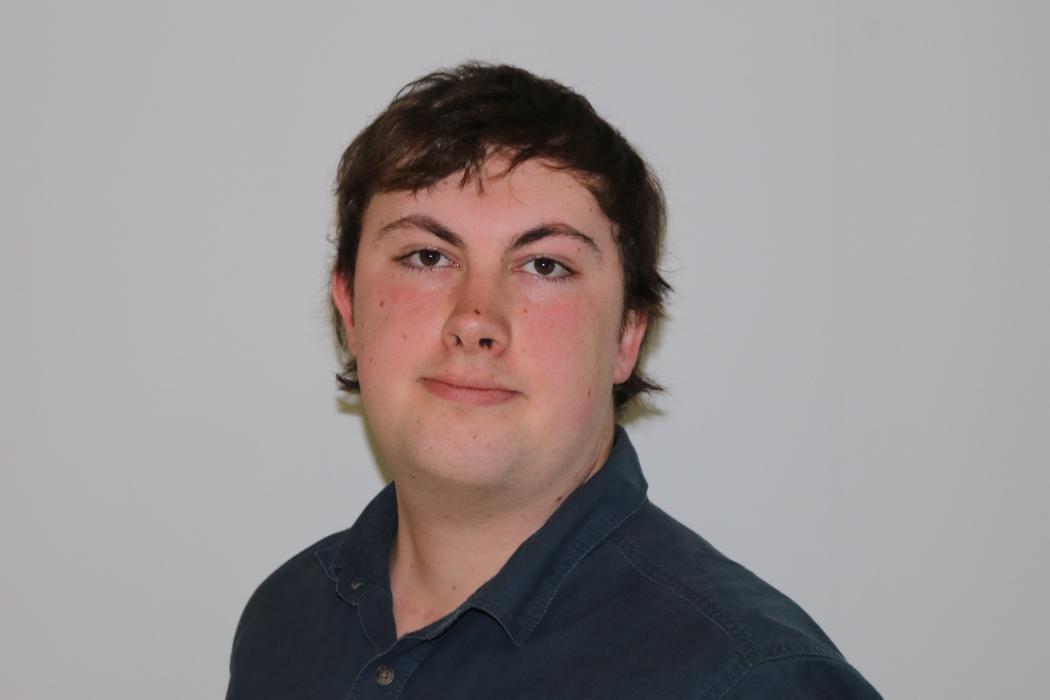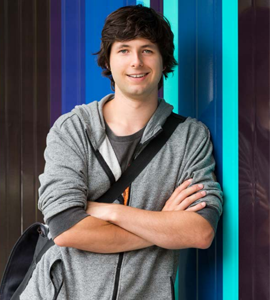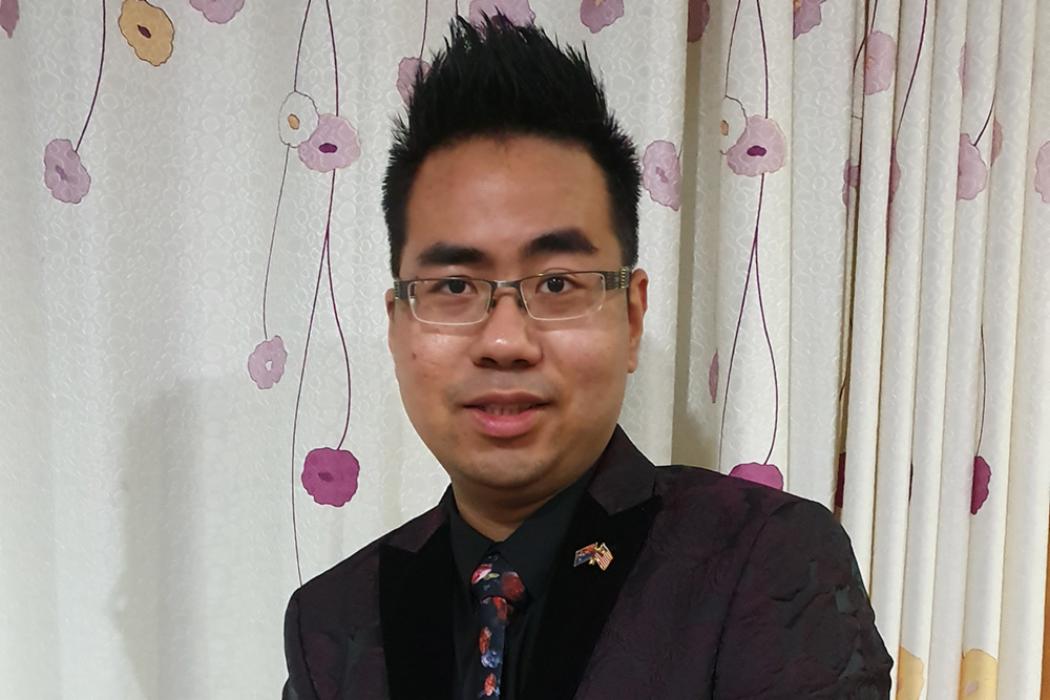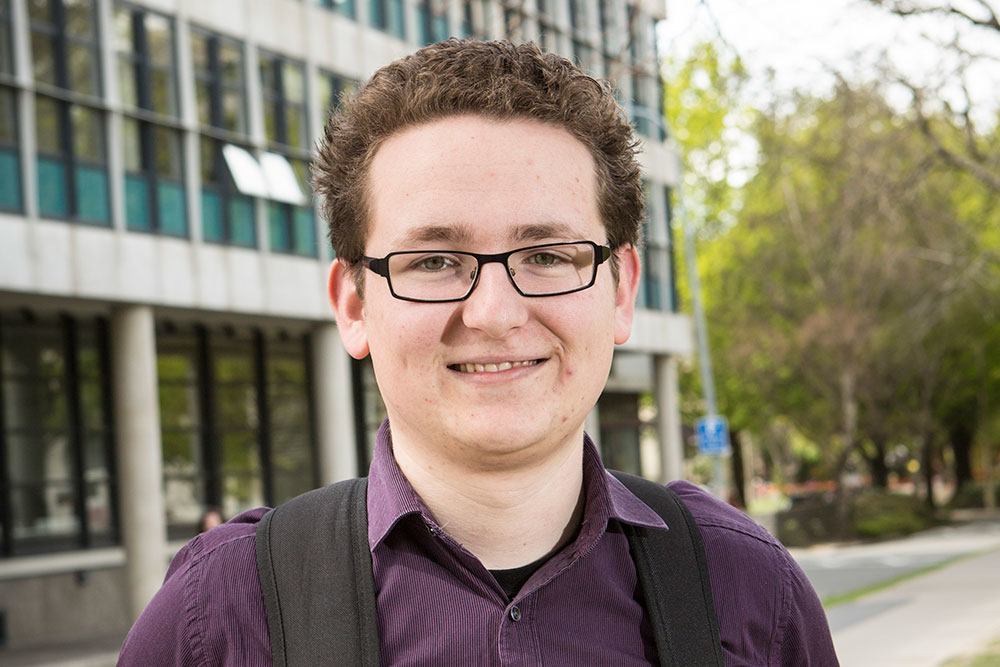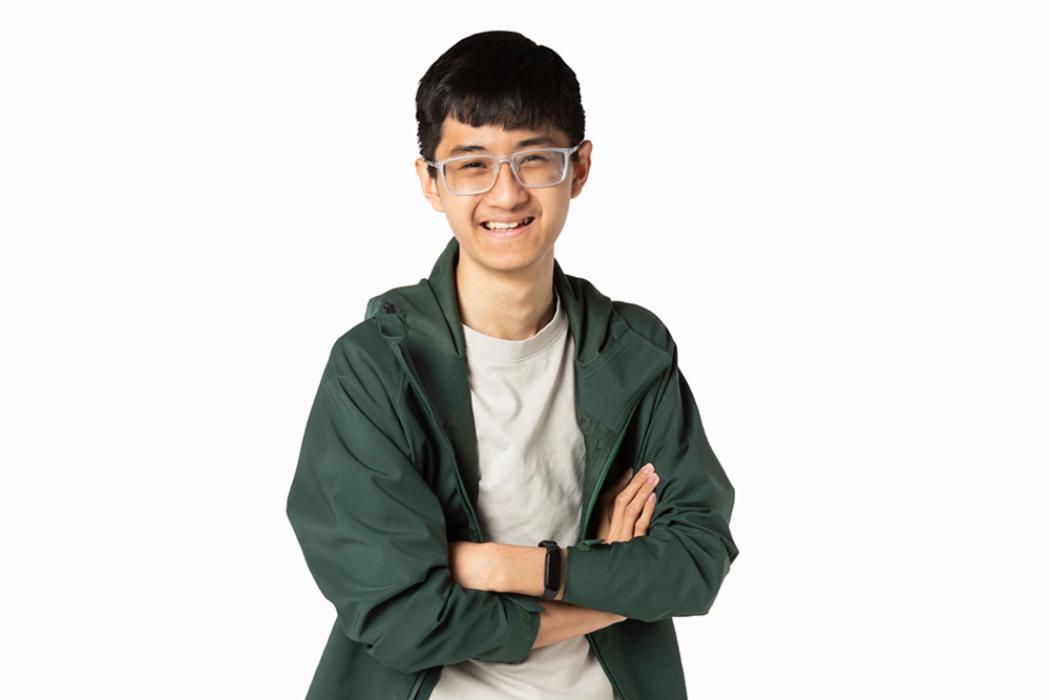Why study Computer Science?
Graduates with a Bachelor of Science (BSc) in Computer Science are in strong demand.
The degree is extremely flexible and can be done with a very heavy emphasis on computer science, or a minimal core of computing and be combined with a second major.
Courses and requirements
COSC 121, COSC 122, MATH 120 and MATH 102 are required to advance to most of our second-year computer science papers. Most first year students will take these four courses, and to make this up to a full-time degree you will need another four courses. COSC 101 is recommended for all majoring students. A wide variety of other first-year courses can be taken. There are regulations about how many courses from other degrees can be included. Relevant supplementary courses are psychology (if you are interested in areas such as interface design and AI), maths (to support working in more technical topics such as computer graphics), accounting and other commerce subjects if you are interested in computing in business environments.
Some courses from outside the realm of computing can be included. For example, you might consider taking a foreign language (particularly if you are interested in working internationally), Music (especially digital music), Philosophy (which is relevant to how computers affect society) or Geography (to support work in geographical information systems).
Beyond your first year, there are a variety of courses that can contribute to a major in Computer Science - not all of them begin with the COSC code as some SENG and ENCE courses are also available to BSc students. (Note that SENG 202 and SENG 402 are offered by the department, but are available only to Software Engineering students, and not to BSc students. COSC 480 is not available to BSc or BE(Hons) students.)
Choosing your discipline
There are key differences between Computer Science and Software Engineering studies.
Computer Science theory focuses on the uses and limits of computation. Software Engineering is about building efficient software and has a strong teamwork focus.
Many are unsure about which option to choose but students can leave both options open by taking the Software Engineering first-year courses as these include all the prerequisites for second-year Computer Science.
Nearly all our courses can be part of either degree. The exceptions are that SENG 202 and SENG 402 may only be taken as part of a BE(Hons) in Software Engineering. Note that both degrees typically involve a mixture of COSC, SENG and ENCE courses. The SENG 300-level courses can count towards a major in Computer Science.
Our reputation
We are an internationally recognised department with wide research interests and award-winning staff. QS World university rankings rate UC in the top 3 per cent of universities worldwide for engineering and technology.
Careers
Canterbury is a leading IT hub for New Zealand and our graduates are snapped up by specialist software development companies, high-tech companies that are producing new products, banking and finance, government departments, games and animation companies, consulting companies, educational system developers, e-commerce, insurance, defence, manufacturing, the petroleum industry, telecommunications, the dairy industry, transportation, insurance, energy, medical research, market research and forestry.
See more information about Computer Science careers.
'Many students from the University of Canterbury have joined Google. We hire students from all different countries and backgrounds in order to ensure our products reflect the rich diversity of users.
"We visit the University of Canterbury each year to share with students Google's internships and university graduate roles. We have seen students from University of Canterbury thrive in Google's culture of innovation. Students from UC go on to work in offices around the world. One alumni went on to launch the Google New York engineering team. "
Georgia Hamer, Google Australia and New Zealand


